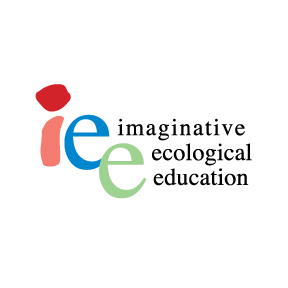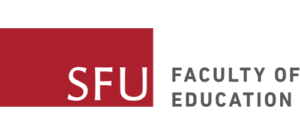Engaging Students’ Imaginations in Their World
It is becoming increasingly clear that our survival as a species depends on re-imagining our relationship with nature. We need to cultivate ecological understanding – an awareness of our interconnectedness with the natural world based on particular knowledge and emotional connections with the local, natural world. Unfortunately, current approaches to developing students’ ecological understanding, what might be described as ecological education, are missing the mark due, among other reasons, to a theoretical and practical neglect of the imagination. What can IEE offer those teachers/administrators/schools interested in cultivating ecological understanding amongst their students?
IEE aims to nurture students’ personal relationships with the natural and cultural contexts in which they live through frequent engagement of the body, emotion, and imagination in learning. To achieve this, the possibility for emotional and imaginative engagement offered by the cognitive tools approach as outlined in Kieran Egan’s theory of Imaginative Education (IE) is paired with focused attention on engaging the body and context. Unlike IE, however, this approach to education is ecological. Its aim is to engage students in the world around them. Learn about the three guiding principles of IEE here.
IEE brings the emotional and imaginative engagement of the child to the center of theory and practice. By designing pedagogy around the distinctive features of students’ imaginative lives, IEE can more routinely engage the body, emotion and imagination in the local natural and cultural context in which students live and learn. This is a new approach to ecological education. Because IEE is a cross-curricular approach to teaching suitable for students in elementary through secondary school in urban, sub-urban, or rural contexts, IEE makes it possible for the development of ecological understanding to take place alongside the fulfillment of curricular requirements.
Learn more about IEE, the Walking Curriculum, get teaching resources and re-imagine your teaching on imaginED.
